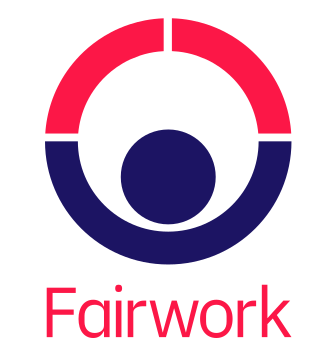 How does the Fairwork framework of five decent work standards in the gig economy – fair pay, conditions, management, contracts, representation – compare to more conventional frameworks?
How does the Fairwork framework of five decent work standards in the gig economy – fair pay, conditions, management, contracts, representation – compare to more conventional frameworks?
As explained in a recently-published paper, Fairwork is a simplified, revised and measurable version of the 11 elements of the International Labour Organization’s decent work agenda.

Comparing the two, as shown in the table above, Fairwork is not as comprehensive. Some ILO elements not covered were seen as unrelated to Fairwork’s purpose. For example, the contextual elements lie outside the control of platforms, and no evidence was found of child or forced labour. Quantum of employment measures are not directly relevant to Fairwork’s aims though it would be informative to know if platforms are creating new work as opposed to just substituting for existing work.
While outside the scope of Fairwork’s principles, work security and flexibility were investigated via open questions in worker interviews. Workers did raise the issues of flexibility and autonomy, as positive attributes of their gig economy work. These supposed benefits are arguably more perceptual than real. Hours of work are often determined by client demand and shaped by incentive payments offered by the platform to work at certain times or for certain shift lengths. Work is recorded and managed via the app and platform to a significant extent.
In sum, the Fairwork framework covers the decent work-related issues identified in the research literature on platforms, and covers the majority of decent work elements within the ILO framework. Its ratings could nonetheless be contextualised in a number of ways by adding in broader findings about national socio-economic context, about any creation of work and autonomy by the gig economy, about dimensions of inequality within and between gig sectors, and about longer-term job (in)security and precarity.
You can find more detail about this and other foundations for the Fairwork project in the open-access paper, “Systematic Evaluation of Gig Work Against Decent Work Standards: The Development and Application of the Fairwork Framework”; published in the journal, The Information Society.
Follow @CDDManchester Why are marginalised groups self-excluding from digital systems?
Why are marginalised groups self-excluding from digital systems?